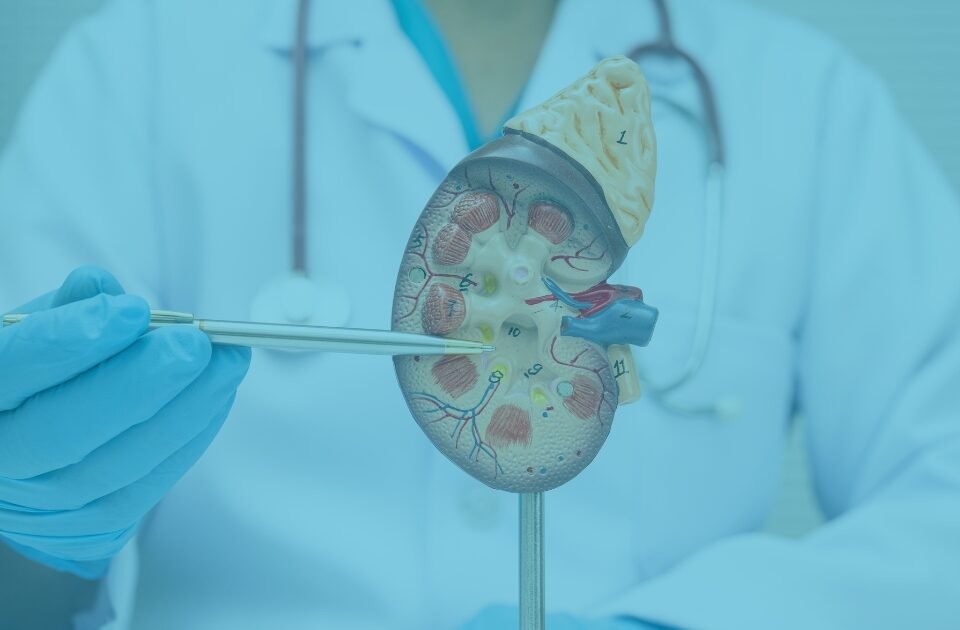
Clinical Trials: A Guide for Potential Participants (MIAMI)
December 27, 2024
Annual blood testing in Miami: Prioritize your health with Stay Medical
December 27, 2024Ever wondered how clinical trials are classified and what they entail? In this article, we’ll break down the main types of clinical trials, providing a clear and specific description of each one. From observational to genetic research, you’ll understand their purpose and methodology. Plus, we invite you to learn about “Stay Medical” in Miami, where you can participate in our research, contribute to science, and receive monetary compensation for your time and effort.
Types of Clinical Trials: Complete classification and description
1. Observational Studies
Cohort Studies: These studies follow a group of individuals over time to observe how certain factors affect health outcomes. They can be used to study the incidence of diseases and the relationship between exposure and outcome.
Case-Control Studies: Compare individuals with a specific condition (cases) to those without the condition (controls). These studies are useful for investigating potential causes of diseases.
Cross-Sectional Studies: Collect data from a population at a specific point in time. They help determine the prevalence of a disease or condition and its risk factors.
2. Experimental studies
Randomized Controlled Trials (RCTs): Participants are randomly assigned to groups to receive different treatments. This is the gold standard for testing the efficacy of new therapies.
Field Trials: Conducted in specific populations to evaluate preventive interventions, such as vaccines.
Community Trials: Focused on community-level interventions, these studies assess the impact of public health strategies.
3. Clinical studies
Phase I: Initial tests in a small group of people to evaluate safety and dosage.
Phase II: Expands the test to a larger group to determine efficacy and continue safety assessments.
Phase III: Large-scale trials to confirm efficacy, monitor side effects, and compare with standard treatments.
Phase IV: Post-marketing studies to gather additional information on risks, benefits, and optimal use of the treatment.
4. Epidemiological studies
Descriptive Epidemiology: Describes the distribution of diseases in a population based on time, place, and personal characteristics.
Analytical Epidemiology: Investigates the causes and risk factors of diseases using methods like cohort and case-control studies.
5. Diagnostic studies
Diagnostic Accuracy Studies: Evaluate the precision of diagnostic tests in detecting or excluding specific conditions.
Concordance Studies: Compare the agreement between different diagnostic methods or evaluators.
6. Prognostic studies
Follow-Up Studies: Track patients over time to observe disease progression or treatment response.
Survival Studies: Analyze the time until specific events occur, such as death or relapse.
7. Systematic reviews and Meta-Analyses
Systematic Reviews: Compile and summarize evidence from multiple studies on a specific question.
Meta-Analyses: Use statistical techniques to combine results from several studies and obtain an overall estimate of effect.
8. Intervention studies
Therapeutic Interventions: Evaluate specific treatments for diseases or conditions.
Preventive Interventions: Focus on measures to prevent the occurrence of diseases.
9. Quality of life studies
Quality of Life Assessments: Measure the impact of diseases and treatments on patients’ quality of life.
Utility Studies: Evaluate patients’ preferences and perceived value of different treatments.
10. Genetic and genomic studies
Genome-Wide Association Studies (GWAS): Identify genetic variations associated with diseases through the analysis of complete genomes.
Gene Expression Studies: Examine how genes are expressed and regulated in different conditions and tissues.
Stay Medical: Your opportunity to contribute to science and be rewarded
At Stay Medical in Miami, we specialize in conducting a wide variety of clinical trials. We are dedicated to innovation and advancement in the health field, and we greatly value the participation of volunteers in our research. In addition to contributing to the development of new treatments and improving global health, participants in our trials are monetarily compensated for their time and effort.
If you are interested in contributing to science and receiving compensation for your participation, we invite you to visit our Clinical Trials section on our website or call us at +1 (305)-990-1411. We look forward to having you join us in this important mission!




